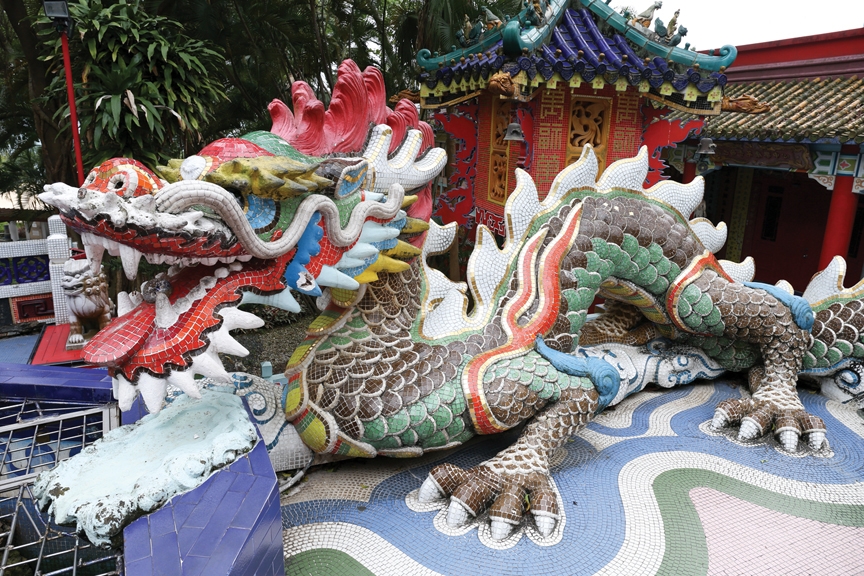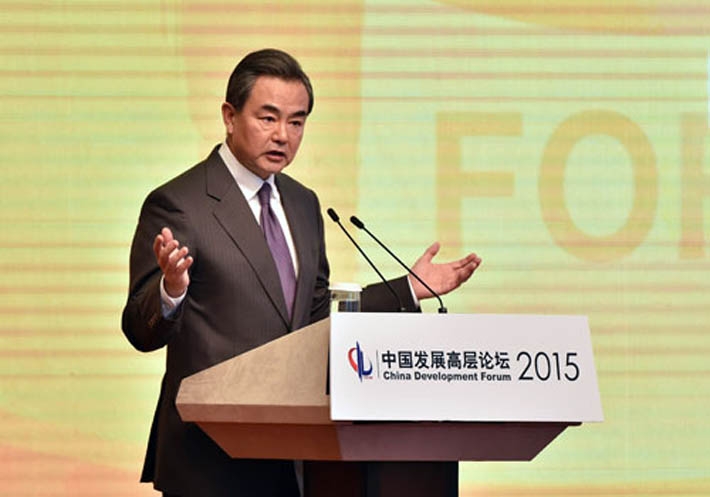
Stephen Harper’s Canada-China Relations: First Stalled… Then Evolved
Canada-China relations have come a long way since Stephen Harper was first elected Prime Minister in 2006.After a decade of close cooperation with former Liberal Prime Minister Jean Chrétien and the Chinese government, Stephen Harper initially signaled his intention to take a less cordial stance toward China. He said his belief in Canadian values such as human rights would not be trumped by the “almighty dollar”. China policy experts claimed he had antagonized Beijing by criticizing China’s human rights record, accusing China of commercial espionage, awarding an honorary Canadian citizenship to the Dalai Lama, making overtures toward Taiwan and by ordering the delay of meetings between foreign ministers. Most notably, they said that Harper had shown great disrespect by not attending the opening ceremonies of the 2008 Beijing Olympics.
Then things changed. After the 2008 global recession and falling trade with the United States, the Harper government began a fast track process to mend relations with China. Harper headed to China for the first time in December 2009, visiting Beijing, Shanghai and Hong Kong. Chinese President Hu Jintao reciprocated and paid an official state visit to Canada in June 2010, ahead of the G20 summit in Toronto. The two leaders agreed to work together to expand and grow bilateral initiatives in including energy, transportation, manufacturing, technology and real estate sectors, education, culture and security.
The floodgates opened and the relations on all fronts started to grow. Over 30 ministerial-level bilateral visits followed between 2010-2012, generating closer ties in trade and investment. Direct foreign stock investment into Canada from China reached approximately US$10.7 billion by December 2011(36 times the amount ending the year 2001).
In February 2012, Prime Minister Harper visited China again, meeting with both President Hu and Premier Wen. They signed a number of economic agreements including a uranium export treaty and a foreign investment treaty. Harper agreed to a request that Canada and China consider the possibility of a free trade agreement.
In 2013, Chinese President Xi Jinping began promoting the Belt and Road Initiative to connect the Pacific, the Indian Ocean and the Atlantic through economic growth investment and trade. He also committed China to advanced talks on the development of an Asia-Pacific Free Trade Zone and to growing relations with the Gulf Cooperation Council (GCC),a Middle Eastern organization focused on trade liberalization and growth. This is all part of China’s stated aim to increase its presence in the global economy, encourage economic globalization and advance mutually beneficial global development in trade and investment between countries. China refers to this program as the global win win strategy.
Prime Minister Stephen Harper went to China for a third time in November 2014 bringing along federal Agriculture Minister Gerry Ritz. Harper pressed for, and received, market access agreements for the export of Canadian agricultural products to China,such as cherries and blueberries,and an increase in Canada’s beef exports to the Chinese market. Measures were also announced to help establish Canada-China financial instruments to support the increased trade and investment between Canada and China. For Canadian companies doing business with China, the new arrangements will help reduce costs by allowing companies to convert directly from Canadian dollars, rather than converting to another currency (e.g. U.S. dollars) first. The Prime Minister also announced the opening of four new trade offices in Hangzhou, Xi’an, Xiamen and Tianjin. In Xi’an and Hangzhou in particular, the Canadian Trade Commissioner Service has pinpointed the agri-food and food processing sectors as opportunities of focus for Canada. Both sides agreed to study new approaches to enhance energy trade, including potentially an environmentally safe maritime energy corridor. The Harper trip also resulted in a series of important developments and signed agreements including an expanded memorandum of understanding on nuclear cooperation, amendments to the Canada-China Air Transport Agreement that allow airlines from both countries to offer more travel options for goods, services and people.
Canada also granted China Southern Airlines admission to the China Transit Program, granting transit to and from the United States without the need of a transit visa. Canada and China agreed to establish new direct air links between Calgary and Montreal to Beijing and they renewed the MOU on promoting cooperation in civil aviation industry.The two sides agreed to increased cooperation in the health sector, including a Canada-China work plan to focus joint research efforts on infectious diseases, chronic disease, traditional Chinese medicine, food safety, health innovation as well as health emergency preparedness and response.
Harper and President Xi Jinping reaffirmed their intention to continue cooperation on combating transnational crime and corruption in accordance with their respective laws and agreed to actively explore the way to deepen bilateral cooperation in areas such as trade and economic relations.
The result of this activity is that Canadian exports to China continue to increase annually and there has also been a significant boost in Canadian imports from China. The prospective impact of Canada-China free trade agreement is unparalleled. China is the world’s second-largest economy and most populous country, with 1.34 billion people. Canada ranks in the top 10 largest economies in the world, with a population of 34.5 million. The combined gross domestic product totaled US$9.0 trillion in 2011. Canadian imports from China in 2014 were valued at more than $58 billion. China’s steady economic growth and projected infrastructure expansion will likely lead to strong demand for key services sectors in which Canada has leading expertise. China-Canada bilateral trade in services have doubled to 5.4 billion dollars in less than five years. Canadian exports to China were over $19 billion in 2014. The opportunities for growth and mutual benefit are boundless.
Add to this that the China Banking Regulatory Commission recently designated Canada as a destination for Chinese wealth management under China’s Qualified Domestic Institutional Investor program. Enhanced scientific collaboration between Canada and China may yield new solutions to food production, safety and sustainability. Canada’s considerable expertise in agricultural water management, in particular irrigation and drainage management and technology, can assist with some of China’s domestic challenges.
Another real economic bond between Canada and China is the trade of natural resources which has grown at an annual average of 29.1 per cent, a rate that surpassed each country’s resources trade growth with the rest of the world. Canada is China’s 16th- largest supplier of natural resources. China is the fifth largest source of Canadian imports of natural resources, with a value of US$3.9 billion. Those numbers are also expected to continue to grow, particularly if Canada can develop the infrastructure needed to more easily export oil and gas overseas.
There may also be political reasons for Harper’s recalibration on China. For over a decade China has consistently become Canada’s largest source of immigration. The numbers are even larger when people from Hong Kong are added. Chinese Canadians are now one of Canada’s largest demographic groups, after Europeans and the First Nations population.The Chinese will soon overtake Korea as the largest group of international students studying in Canada. While there are still tensions at times and the Harper government continues to raise human rights concerns, there is absolutely no question that Harper has warmed to China. In fact, he has gone from a full-stop relationship with China to full throttle. As a famous Chinese proverb says: “Be not afraid of growing slowly, be afraid only of standing still.’’









